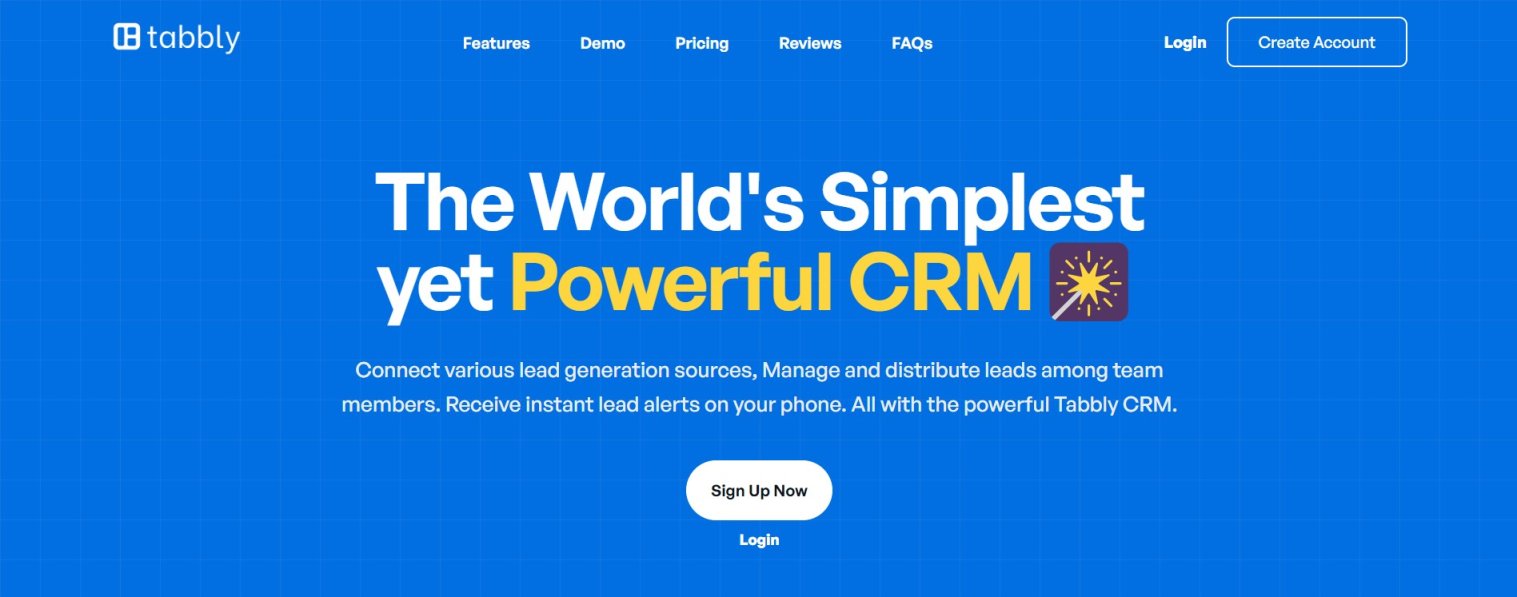What is Cloud Telephony and Why Your Business Needs It?
In today's fast-moving business world, communication is the backbone to success. Be it a small startup or a big enterprise, your efficient communication systems can make all the difference in customer experience and internal operations. Traditional telephony systems do the job but are highly expensive, difficult to scale, and often inflexible to the evolving needs of a business. Well, that's where Cloud Telephony comes into play-a modern solution transforming how businesses manage communication.
But what is this thing called Cloud Telephony, and why is it such game-shifting gear for your business? Let's dive into this game-changing technology to really understand how it can benefit your company.
What is Cloud Telephony?
Cloud Telephony: An integrated phone system hosted in the cloud on the internet rather than traditional hardware-based systems like PBX or Private Branch Exchange. It enables a business to make and receive calls, send messages, and handle voice communications with the use of software and cloud infrastructure via the internet.
According to a report by Grand View Research, the global cloud telephony market was valued at USD 602.31 billion in 2023 and is expected to grow at a CAGR of 21.2% from 2024 to 2030, driven by the ever-growing demand of businesses for flexible and scalable communication solutions. Since the system is third-party hosted, there is a saving of expensive on-premise hardware, servers, and maintenance. It gives freedom to access from any part of the world with any device connected to the internet to your communication system.
Key Features of Cloud Telephony
Scalability: It is fairly easy to scale. For instance, as the business grows, adding more lines, features, and capabilities can be quickly done without changing much of the infrastructure. As a matter of fact, the businesses adopting the solution of cloud telephony report around 20-30% reduction in the setup and operational costs within the first year itself.
Cost-Effectiveness: Most traditional phone systems have very high upfront costs regarding hardware and maintenance. Cloud telephony has none of these expenses but offers an all-inclusive subscription.
Advanced features: Cloud telephony provides a host of features like voicemail-to-email, call forwarding, IVR services or Interactive Voice Response, call routing, analytics, and more, which in traditional systems mostly need extra monetary investment to avail.
Flexibility: With Cloud Telephony, employees can use their business Virtual Numbers anywhere-from the office, from home while working, or even on the go. All they need is an internet connection. Cisco's Future of Work Report says 82% of companies report that flexible work environments improve employee satisfaction and can be supported by the mobility of cloud-based communication.
Integration: Most of the cloud telephony services provide integrations with CRM software, amongst other applications, for frictionless workflow between communication systems and customer knowledge. According to a recent HubSpot study, 75% of +1350 business professionals agree that automation tools help their organisation collaborate more effectively..
Why Does Your Business Need Cloud Telephony?
1. Economies
Of course, cost management is one of the biggest challenges in running any business. Cloud telephony has been much more economical than traditional phone systems, which sometimes require hefty investment in hardware, infrastructure, and maintenance. On cloud-based systems, you pay for only what you use, so that would get you predictable monthly sets of expenses with no surprise costs.
According to Gartner, more than 50% of enterprises will use industry cloud platforms by 2028 to accelerate their business initiatives.
2. Enhanced Mobility
More appropriately, remote work and hybrid teams are emerging, and connectivity is of utmost importance. With cloud telephony, employees always continue to stay reachable while working from home, at a café, or travelling abroad. Each employee has the freedom to access the same business Virtual Numbers for making and receiving calls or voicemail. The flexibility of such scenarios ensures that customers and colleagues can easily get back in touch via professional communication.
According to Buffer's survey, 32% of remote workers reported that the biggest challenge while working remotely was poor communication. Cloud telephony ensures seamless connectivity-round-the-clock and therefore directly counters this problem, improving collaboration between people in a team.
3. Improved Customer Experience
Advanced features provided within cloud telephony tend to be the most important in improving the customer experience. They include automatic call routing, IVR services, and call analytics that route a customer's query to the right department, reduce wait times, and improve overall satisfaction. Such features as call recording and call analytics will help a business monitor the quality of service provided and thus improve it.
A Salesforce report shows that for starters, the research found that 80% of customers now consider the experience a company provides to be as important as its products and services. With the capabilities cloud telephony has given to businesses, they can provide a top-notch, really seamless experience for their customers.
4. Improved Collaboration
The core of great collaboration is communication. This, therefore, means that cloud telephony can be integrated with other tools such as video conferencing, team chat apps, and project management software to ensure there is a single platform on which teams communicate seamlessly, whether from the office or remotely. Real-time communication improves decision-making, problem-solving, and productivity.
McKinsey calculates that teams using collaboration tools are a full 25% more productive than teams that do not. Cloud telephony plays a key part in this, being able to unify communication across platforms and devices.
5. Business-Continuity and Disaster Recovery
With cloud telephony, your business continues to run without any hitches. Traditional phone systems can be crippled by a power outage or even equipment failures. Meanwhile, cloud telephony is hosted remotely, meaning as long as there is an internet connection, your communication system remains operationally on. Moreover, most of the cloud providers offer excellent disaster recovery options, fuelling your business continuity.
6. Analytics and Reporting
Cloud telephony solutions boast of powerful call analytics that give important insight into your business's communication. This allows tracking calls-volume, call-duration, missed calls, and customer satisfaction scores. With this data, trends can be traced; customer service can be improved, and internal processes smoothed out for better decision-making and efficiency.
Companies are increasingly prioritising the collection of customer data, but most struggle to put it to use. According to the Zendesk Customer Experience Trends Report 2023, 67 percent of business leaders report seeing disorganised efforts using and sharing customer data. These businesses can customise their services and communication strategies based on those insights.
7. Flawless Integration with CRM Systems
CRM systems are one of the most crucial parts of any business operation involved in keeping tabulations of the interactions of a business with its customers. Cloud Telephony makes integration with the CRM quick and efficient, thus allowing tracking of calls, customer interactions, and service requests. The integration smoothes customer service and allows the smoothing of sales and support workflows.
8. Future-Proofing Your Communication System
With technology in a constant flux of change, cloud telephony will mean changes right along with it. Due to the nature of cloud-based applications, new features, updates, and security measures can be integrated much faster and without substantial investments and overhauls of the system. This provides an easier way for businesses to stay competitive, assuring them that their communication system is current. By 2025, IDC projects more than 85% of all enterprise IT will be cloud-enabled.
In this light, cloud solution adoption has ceased to be an option but has become a strategic imperative for any enterprise intending to remain relevant in the digital economy.
How to Choose the Best Cloud Telephony Software?
The following are some of the things one ought to consider when choosing the best cloud telephony software for your enterprise:
- Scalability: A11 of these systems should be able to grow with your business. Look for a solution that easily scales, whether it be adding more features or capacity.
- Integration capabilities: this means compatibility with pre-existing tools like CRM systems, customer support software, and productivity applications. It ensures smooth workflow and facilitates leveraging productivity to a higher level.
- Value for money: It shall reduce operational costs by using Cloud Telephony. Various pricing models can be compared to come up with a value-for-money solution without compromising any key features.
- Ease of use: The tool should be easy to use, without a need for serious training inside your team. By implication, that means a simple, intuitive interface supports a low learning curve and allows good adoption.
- Customer Support: A good service provider should have good reputations in terms of support to ensure speedy solutions to problems for your system.
At Tabbly, we offer a robust and user-friendly online cloud calling software to meet all the requirements of a modern enterprise. Seamlessly scalable, with smooth integrations and powerful call analytics, with Tabbly, your team will be connected anywhere, anytime.
Whether you want to enhance customer care, optimise collaboration, or significantly cut down on telephony expenses, Tabbly is an all-inclusive cost-effective solution that grows as fast as your business does. By realising how Tabbly would help oneкат in smoother communication and greater efficiency, get on board with Tabbly today and experience Cloud Telephony at your fingertips.
FAQ’S
What is Cloud Telephony?
Cloud telephony refers to a system of communication hosted on the internet rather than on physical hardware. This allows the business to manage its communications through cloud-based software, where it can make or receive calls, send messages, and more. This offers great flexibility, cost savings, and scalability.
How does Cloud Telephony work?
Cloud telephony works by routing calls via the internet using VoIP technology instead of traditional phone lines. It makes and receives calls using software on devices, which may be computers, mobile phones, or VoIP technology phones but is managed through the infrastructure of a cloud provider.
What are the advantages of Cloud Telephony?
The benefits of Cloud Telephony lie in the fact that it costs less, is scalable, flexible, has better IVR services, and integrates with CRM systems. It helps businesses manage communication in an efficient manner without expensive hardware or complicated set-ups.
Can Cloud Telephony be used by the remote team?
Yes, Cloud Telephony is perfect for remote teams since it works via the internet. Employees can access this phone system from any location in the world, whether at home, in the office, or on the move, with consistency and reliability.
Is Cloud Telephony secure?
Of course, yes. Cloud Telephony systems are secure with the use of trusted providers who offer encryption and other forms of data protection. In fact, most cloud telephony providers implement robust security features to safeguard calls, messages, and customer data in order to be compliant with industry standards.
How to choose appropriate Cloud Telephony software for a firm?
While choosing an appropriate solution of Cloud Telephony software, one needs to consider scalability, integration capabilities with systems the enterprise is already running, user-friendliness of the software, cost-effectiveness, and responsiveness towards customers. Remember to pick a provider that suits your business needs and allows flexibility in times ahead.









